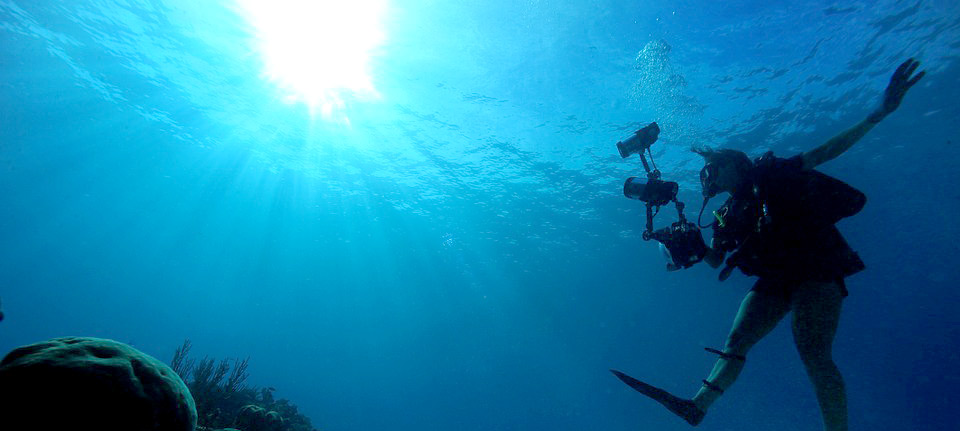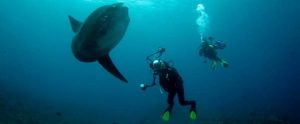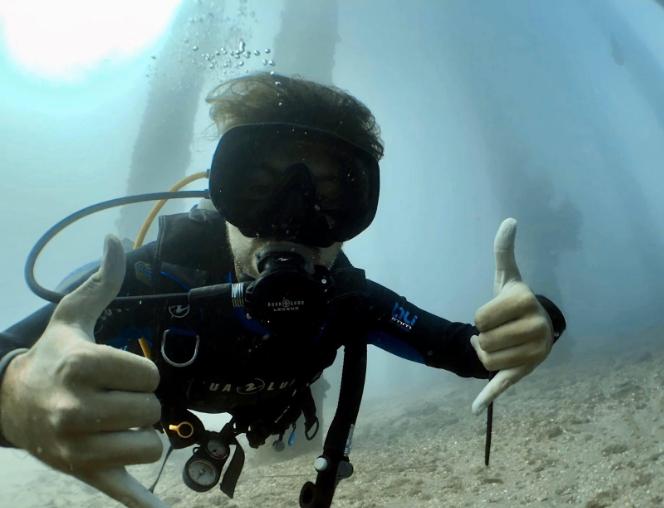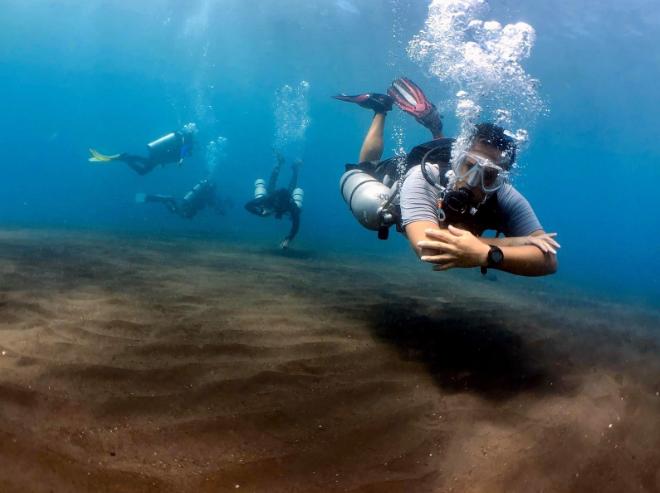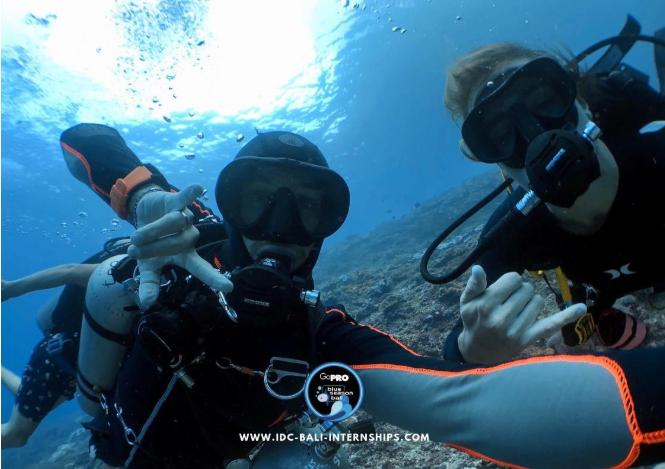Breathing techniques, slow down & take a deep breath
As a PADI Dive Instructor, students ask me how to develop their breathing techniques. After years of teaching, I have started to notice patterns in students that take to diving easier than others.
Remember that time you saw that spider? Or were stung by that bee? Or thought you failed that exam? What advice did those close to you give you in that moment of panic? When it seemed like your heart and brain were racing to an invisible finish line. Maybe they told you to “calm down” or to “take a deep breath”, and that “everything was going to be fine”.
Once you composed yourself, you would be able to think clearly again and guess what – life went on. The momentary panic that made you think your life was never going to be the same faded away. The clouds parted so you could once again see the sun. These revelations occur throughout your diving career, and there is no better advice than to “just take a breath”.
When I was a new PADI Dive Instructor, I taught a young yoga teacher who chose to clear her mask with four rounds of nose exhalations for breathing techniques. She would take a slow breath, exhale smoothly, and repeat. Her biggest fear was having water in around her nose. Through her mental preparation and focus, she challenged herself to complete the skill four times slower than all of the other students. When the water entered her mask, she combatted her natural instincts with a breath. She dealt with the problem on her own time.
As I watched her, it was like watching a choreographed ballet, slow, concise and smooth. In that moment she taught me that no matter how much advice I offered to students about how to become a better diver, it was the students own understanding of their strengths and weaknesses that propelled them the furthest ahead.
Scuba diving opens up a world full of new animals, new places, and new people. It also props open a door into your own mind and allows for endless investigations and discoveries. I describe to my students that diving is my constant challenge to figure myself out and to untangle the weeds in my head so that I can see the garden that much clearer. When you drop below the water, when you fall into that silent, weightless world full of wonder, you will understand more of what divers refer to when they say the ocean is their sanity.
So what advice is the best when starting your Open Water Course? Think of it not only as an incredible opportunity to discover a new world but also as the next step in your own mental journey to challenge yourself, embrace your fears and understand your weaknesses. Nobody is perfect, so just take a breath and relax.
Did you have any experiences with different breathing techniques? Let us know in the comments!

